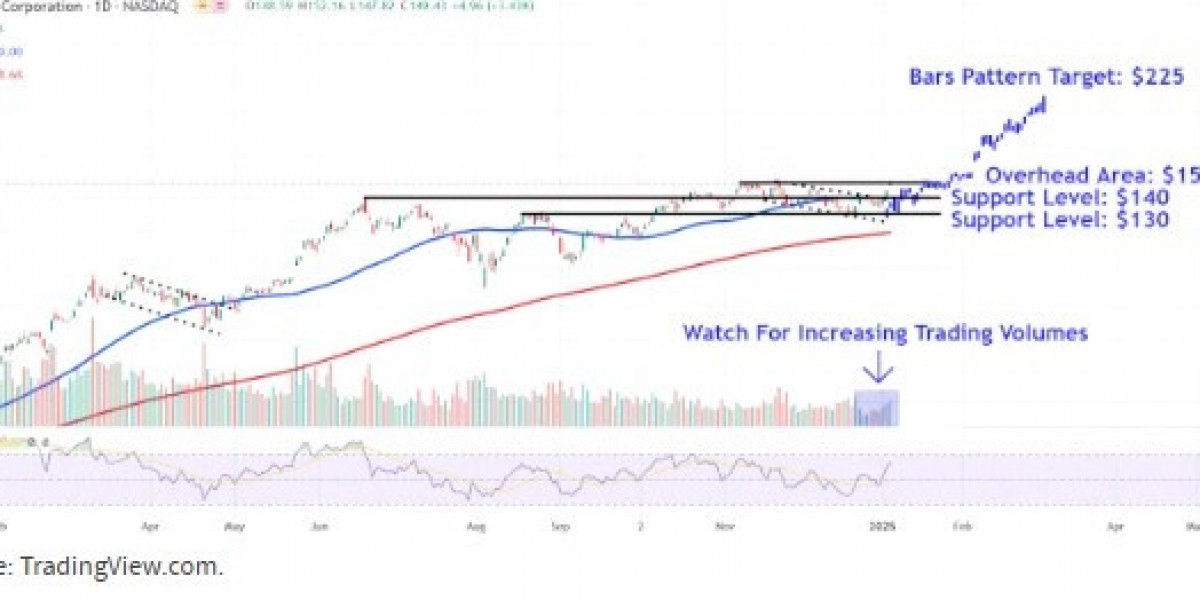Science and technology are the twin engines that continue to propel humanity forward. Their influence is visible in every corner of modern life—from the way we communicate and learn to how we work, travel, and heal. As the world becomes more interconnected and fast-paced, the role of science and technology in shaping the future has never been more critical.
Science is the pursuit of understanding. It helps us uncover the principles that govern life, matter, energy, and the universe. Through observation, experimentation, and analysis, science has answered age-old questions and raised new ones, driving us to continually explore and evolve.
Technology applies this scientific understanding to real-world situations. It turns abstract ideas into practical solutions that improve lives. Electricity, the internet, medical devices, and artificial intelligence are just a few examples of how technology has revolutionized how we live and work.
In the modern era, innovation is happening faster than ever. Breakthroughs in AI, robotics, nanotechnology, and biotechnology are pushing the boundaries of what’s possible. Smart cities are being developed with interconnected infrastructure, self-driving cars are becoming reality, and wearable tech is monitoring our health in real time.
Science and technology are also crucial in addressing global challenges. Climate change, pandemics, food security, and resource shortages require innovative approaches. Scientists are developing sustainable energy sources, engineers are designing eco-friendly buildings, and researchers are creating new agricultural methods to ensure a better future.
In education, digital platforms and virtual classrooms have transformed traditional learning. Students now have access to global knowledge, AI tutors, and interactive tools that adapt to their learning styles. This digital shift is making education more inclusive and efficient.
Medical advancements continue to break barriers. 3D-printed organs, gene therapy, and personalized medicine are changing the way we treat diseases. Technology enables remote consultations, faster diagnosis, and improved patient care.
However, with great power comes great responsibility. Ethical considerations, data privacy, and digital inequality must be addressed. As AI and automation reshape the workforce, it’s important to ensure fair access to technology and reskill people for the future.
In conclusion, science and technology are not just forces of change—they are our pathway to resilience, innovation, and opportunity. When used wisely, they can solve humanity’s toughest problems and build a future that is inclusive, intelligent, and sustainable for all.



















































